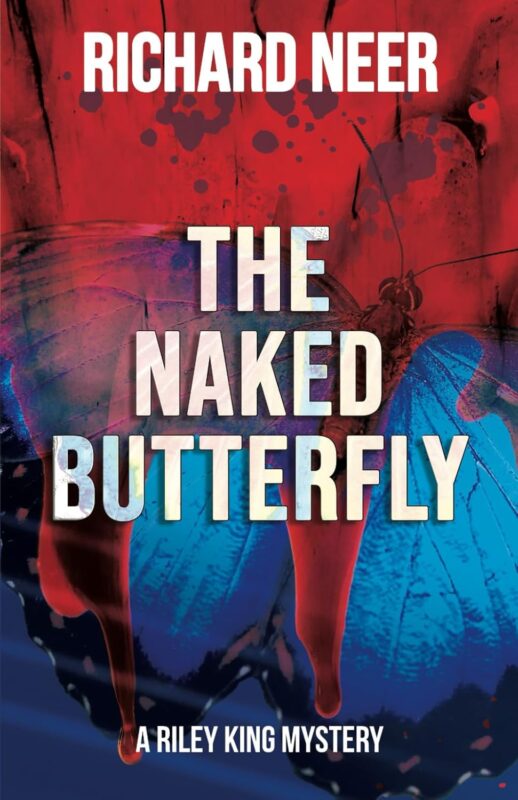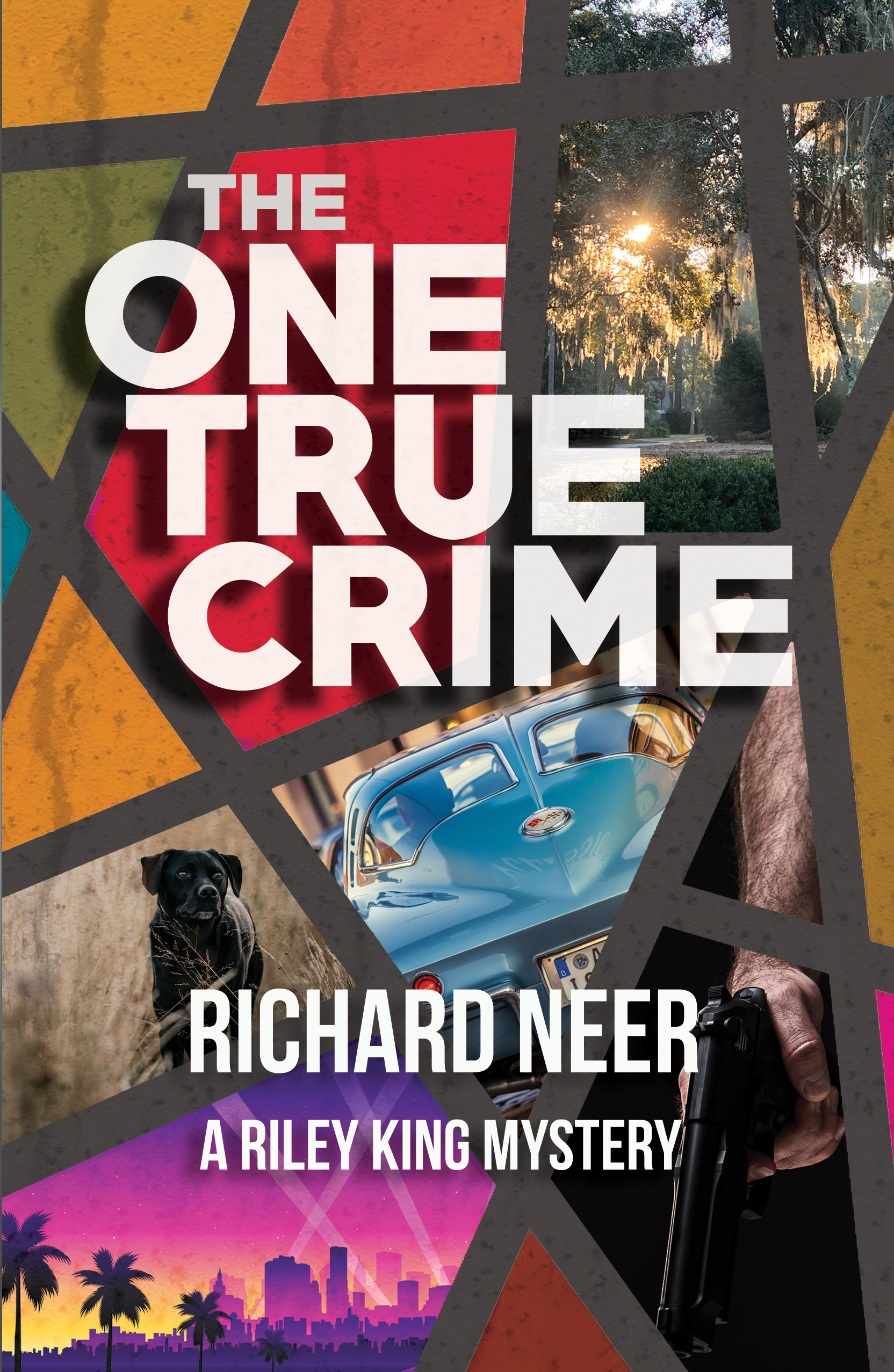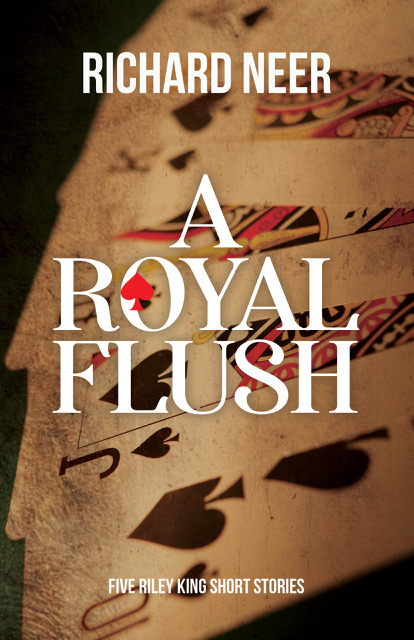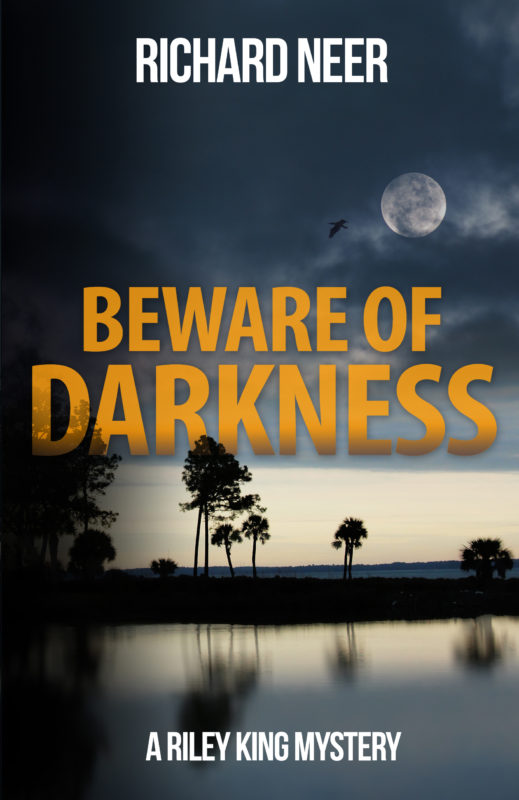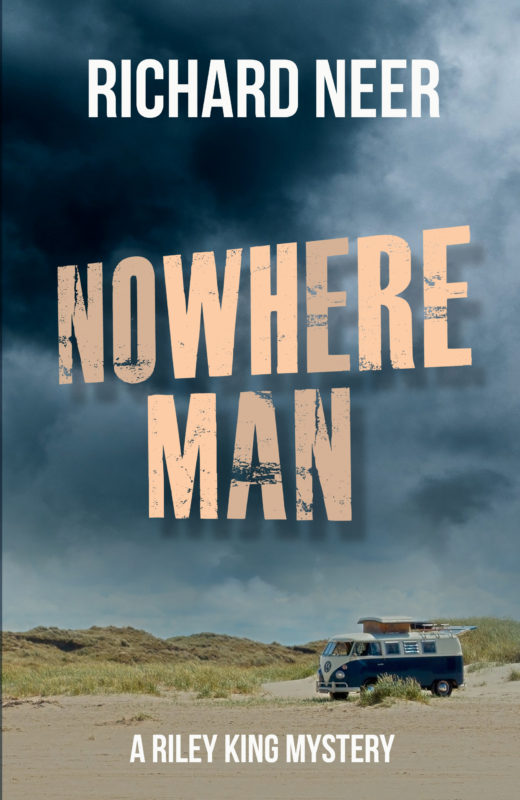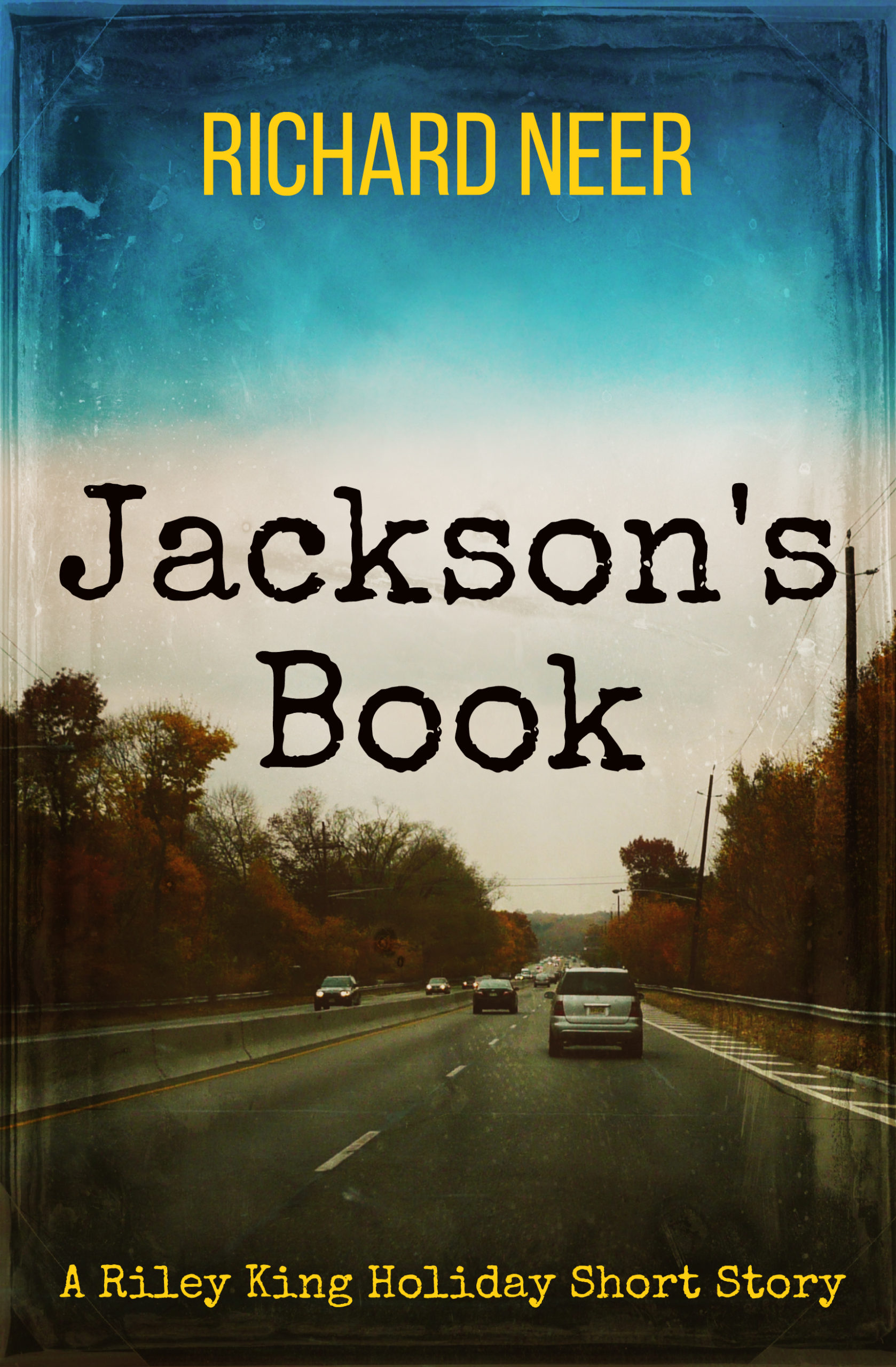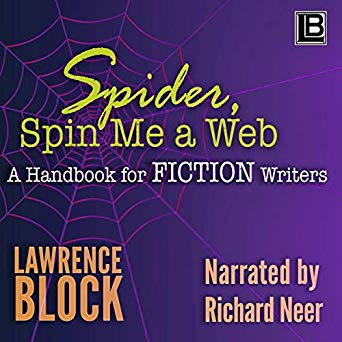 Joni Mitchell Blue
Joni Mitchell Blue
To use a sports term, Joni Mitchell left it all on the field when she recorded Blue. She laid out all her cards, left nothing to the imagination. Her friends cautioned her about being so honest with her life and loves, but during this depressed period, she chose to go with raw emotion, consequences be damned. The result was one of the most stunning works ever to be pressed onto vinyl.
Stricken with polio at an early age, Joni was unable to conventionally play stringed instruments, so she invented her own style of open tuning. Veteran studio musicians struggled to approximate her chords. Throughout this entire album, the arrangements are spare, almost no effects or production enhancements, generally just Mitchell and piano, dulcimer or zither. And the greatest instrument of all — her angelic soprano, which had yet to be laid waste to the ravages of cigarettes and hard living. Her three octave range is on full display, as are the lovers she had taken and lost.
A full accounting of the men who populated her life is to be found in David Yaffe’s exhaustive fresh biography of Joni, Reckless Daughter. By the time Blue was released, they included David Crosby, Graham Nash, Cat Stevens, Leonard Cohen and many others; some famous, some not. Fans weren’t aware of all her liaisons, just that she had turned them into four minute portraits that would far outlive her passing fancies.
Like her music, the relationships she describes were fully realized — she left nothing on the table. Joni loved deeply but briefly, from the Greek caveman Carey to her noted musicians and actors. The opening track, the yearning All I Want, segues into her paean to domestic tranquility with Nash in My Old Man. There’s a jubilant fling with Carey, the sad self analysis of Blue, before she finally returns to her adopted home in California. It closes with A Case of You and The Last Time I saw Richard, desperate pleas for the simple romantic love she dreamed of while growing up in Canada.
It’s a shame that the only song that survives on the radio today is River, and only because it is seen as a Christmas tune, quoting Jingle Bells in its opening. Of course, like the rest of her work, it’s much more than that — a deep ocean of lamenting lost love, both of a man and her place in the world. She takes complete blame for the dissolution of the relationship, (I’ve gone and lost the best baby that I ever had), and the melancholy holiday that it fosters.
She was a talented painter, composer, and dancer. Even an athlete (a figure skater?) before her childhood disease intervened. Blue contains much of Joni Mitchell’s best work, but far from all of it. One could argue that her two finest songs were The Circle Game and Urge for Going. Both preceded Blue and were made famous by others. Her biggest single hits came later, as did more sophisticated productions. Struck with an aneurysm two years ago, it’s unlikely we’ll have any new music from Joni. But if Blue was the only album she ever made, it will stand throughout the ages as one of the best of the rock era.
